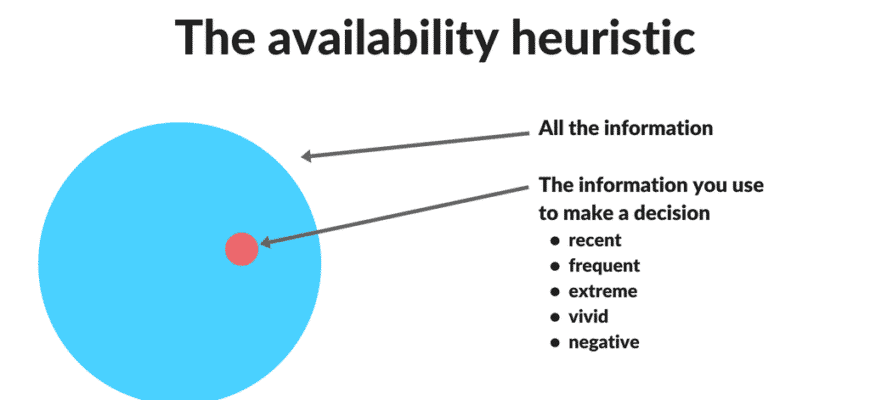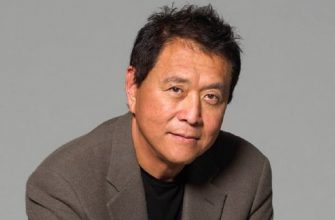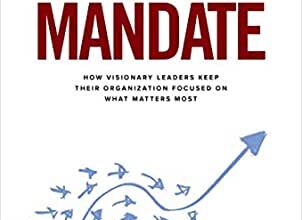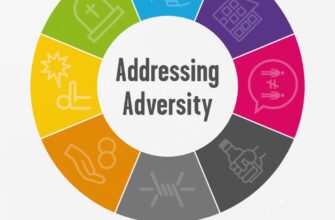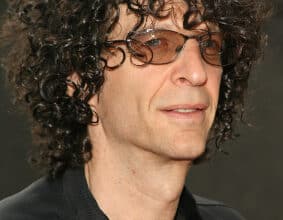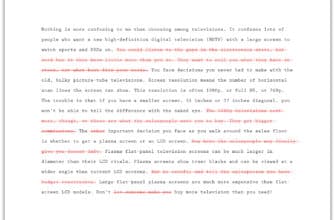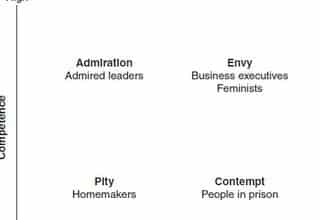Over the last few years, its become more and more difficult to avoid political conversations. I try, but then I hear a wanna-be cable news commentator expounding his baseless theories and I lose my mind. There remains a place for “truth” and “facts” (even if Rudy Giuliani claimed “truth isn’t truth”), so it infuriates me when a know-it-all spreads misinformation under the guise of self-perceived superiority of beliefs. However, before I implode with frustration, it is worth asking whether people really are better informed on topics in which they are convinced their opinion is superior.
In a recent study published in Journal of Experimental Social Psychology, researchers distinguished belief superiority from belief confidence and assessed the level of knowledge. Belief superiority is the degree to which an individual thinks their opinion is more correct than others, with the most extreme being the idea that their opinion is the only correct view. On the other end, those with belief confidence feel good about what they know but are open to differing opinions.
Once the participants were assessed as to their degree of belief superiority, the study found that those with the most extreme belief superiority had the largest gap between their perceived knowledge and actual comprehension. Belief superiors faced the delusion that they were better informed than they were, while those with lower belief superiority underestimated how much they know.
I’ve written before about the Dunning-Kruger effect where the least able tend to have an inflated view of themselves… and leaders are just as susceptible (if not more) as everyone else. Success feeds the ego. It makes us feel as though we are smarter, more capable, and more prone to further success than we really are. It also leads to isolation—with less people at are “our level,” there is a tendency to believe that there are less who can relate to what we’re experiencing and offer valuable guidance. Thankfully, there is an answer.
This solution is broken into two steps (please note that for this solution to work, the steps need to be followed in order). The first step is to get over yourself. Yes, you are successful. Yes, you are talented. And yes, you are intelligent. HOWEVER, once you begin to believe your own hype, you are also beginning your decent from greatness. So give yourself a reality check and pop that overinflated ego balloon that’s overtaken your aura.
The second step in limiting your belief superiority is to constantly seek alternative points of view. In the aforementioned study, those with higher belief superiority were more likely to select belief congruent sources of information, which just reinforced how poorly informed they were.
When exploring alternate ideas, one of the most effective methods is to seek advice from others. In a study published in Educational Evaluation and Policy Analysis, expert-level educators, as measured by student success, were more likely to seek advice from their peers AND the better they performed, the more likely they were to obtain feedback on how to be even better. The researchers concluded that these experts “represent a group who are constantly striving to improve by seeking out advice and information from others.”
So go find some mentors. Collect a peer group. Actively pursue knowledge from sources that don’t de facto agree with you. It’s the only way to learn, the only way to grow, and the only way to continue your ascent up Success Mountain. The alternative is to continue developing your belief superiority—your knowledge gap will grow and your ignorance will build, but at least you’ll feel good.

